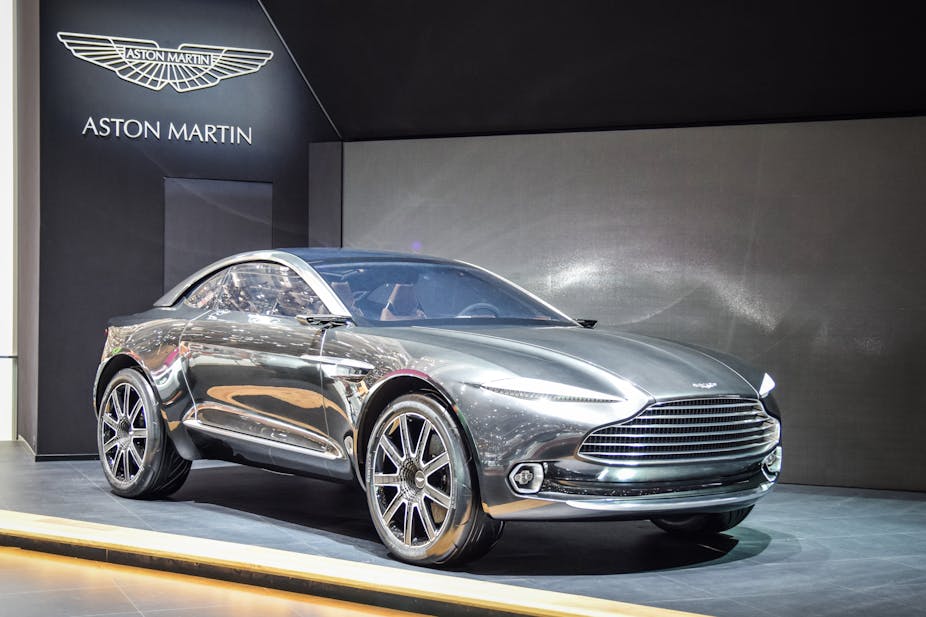Unlikely as it sounds, if you have ever wanted to understand the future of the global car industry, look at Wales. Within the space of a few days two announcements have, in their own ways, shown just how rapidly this industry is changing and how diverse its future will be.
The rural Welsh market town of Llandrindod Wells, previously noted for the splendour of its Victorian architecture, seems an unlikely place for a revolution in car technology. It is, however, home to Riversimple, the pioneering and independent producer of the Rasa hydrogen fuel cell car.
With a radical business model to complement the innovative design and engineering of the car, the Riversimple Rasa points to a brave new world of zero emissions vehicles, car sharing, and pay-per-mile motoring in which consumers will never own the car they use.
For Riversimple is not interested in selling cars – it is selling mobility with minimal environmental impact. The car itself is not actually for sale as such, but drivers can lease the Rasa under a transport provision package. As each vehicle ages, it is offered on a lower cost lease to less demanding customers, eventually being returned to the company for refurbishment before being re-leased once more.

The arrival of Aston Martin at the former Royal Air Force base of St. Athan, near Cardiff, south Wales, speaks to a very different future. Like much of the UK car industry, Aston Martin has a long and distinguished heritage but needs to forge a future that combines tradition with the technologies of modern life.
With an investment that promises to create 750 skilled jobs by 2020, Aston Martin now intends to produce its own “crossover” car as a rival to the Porsche Cayenne and Jaguar F-Pace. A concept car named the DBX was shown in 2015, and marked a significant departure from the sports cars with which the company has long been associated.
It is unlikely that many of these new crossover cars will be sold in Wales, however. As for many UK car companies, the real opportunities are in the export market. For Aston Martin, which enjoys financial backing from Kuwait, the Middle East is a prime opportunity for what is likely to be an expensive new model, while China and the US are also significant prospects.
In their different ways, both of these new cars are testimony to the depth of expertise in the UK car industry, and to the surprising resilience of small-scale entrepreneurial manufacturers competing against the massive economies of scale (the more cars that are produced, the cheaper it gets to make each one) available to the global giants of the industry.
Several manufacturers, including Honda, Hyundai and Toyota have started to bring hydrogen fuel cell cars to the market, but none with the elegant minimalism of the Riversimple Rasa, and none with the vision that is embodied within the Rasa for a very different form of mobility. Equally, there are plenty of rivals for Aston Martin to compete with but the brand has a unique status that cannot readily be replicated.
In both cases, the Welsh Assembly government has played a crucial part in the investments coming to Wales. At a time when Wales, as with other parts of the UK, has suffered from job losses and factory closures in traditional manufacturing such as the steel industry, it is clearly important to support the alternatives.
Both investments come with some risk of course, and for Riversimple the challenge now is to make the transition from working prototype to series production while simultaneously supporting the deployment of hydrogen refuelling stations.
Nonetheless, the Welsh Assembly also has to be entrepreneurial if future prosperity is to be attained. In the early 2000s, the prospects of the entire UK car industry looked rather bleak, with falling production and doubts as to whether international competitiveness could be maintained. Long-term intervention around low-carbon technologies with the Low Carbon Vehicle Partnership and the Automotive Council have transformed the relationship between the industry and UK government, provided the platform for the development of multiple new technologies, and smoothed the transition to step-change model introductions such as the Nissan Leaf.
The investments in Wales in their own ways continue to build on this transformation. Despite their very different character, both investments could be successful. In the global car industry there is not one future, but many.

